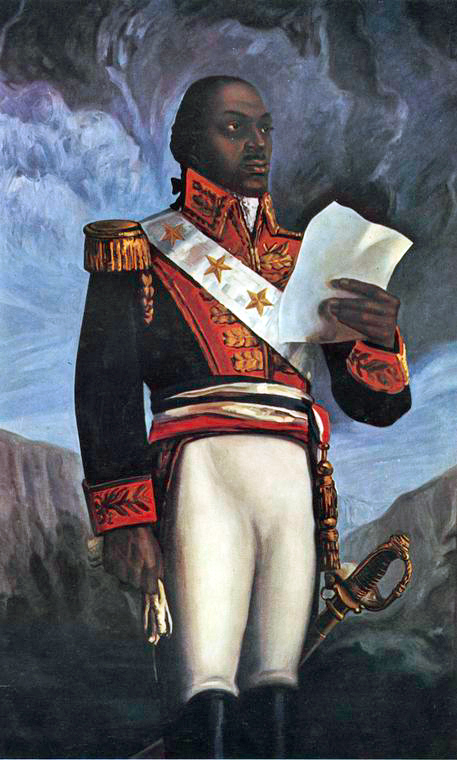Jillian Holbrook
AP European History 🇪🇺
335 resourcesSee Units
Condemning Violence, Celebrating Equality
Revolutionary ideas spread—disseminated from France to the rest of Europe through books, newspapers, and other forms of print media, as well as through the works of artists and intellectuals. The revolutionary ideals of liberty, equality, and fraternity resonated with many people around the world, who began to adopt these ideas and incorporate them into their own political and social movements. Thus, the French Revolution had a widespread impact both in Europe and beyond.
While many were inspired by the revolution’s emphasis on equality and human rights, others condemned its violence and disregard for traditional authority. The Reign of Terror, in particular, was a period of unprecedented bloodshed and fear. Although many of the intentions of the French Revolution were good, the means taken to achieve the goals of liberty and democracy were destructive and dangerous.
Other countries, particularly those with monarchies and aristocracies, feared the revolutionary ideals and the potential for the social upheaval that they represented. These countries, such as Britain, Spain, and Russia, opposed the French Revolution and its ideals, and many monarchies formed alliances to contain revolutionary ideas and defend their own power. 👑
.webp?alt=media&token=d322890b-7e27-4bfb-97da-a41428db8334)
Edmund Burke
Edmund Burke was a British statesman, philosopher, and political theorist who was an outspoken critic of the French Revolution. Burke saw the revolution as a radical and dangerous break with tradition and a threat to the established order of society. He believed that the revolution's emphasis on reason and individualism marked a dangerous departure from the traditional values of religion, tradition, and community that had sustained society for centuries.
Arguing that the revolution was based on abstract and unnatural principles, Burke thought it would inevitably lead to chaos, tyranny, and the destruction of the social order. He also argued that the revolution's emphasis on the rights of man was misguided, as it neglected the importance of duties and responsibilities.
In Burke's eyes, the French Revolution was the product of a small group of radical intellectuals and did not express the true will of the people.
Burke's opposition to the French Revolution was influential, particularly among conservative and traditionalist circles in Britain and Europe, who saw the revolution as a threat to the established order of society!
The Haitian Revolution
The revolutionary ideals in both the American colonies and France inspired Toussaint L'Ouverture to lead a revolt of enslaved people in the French island colony of Saint-Domingue. By 1804, Saint-Domingue would later become the independent nation of Haiti, the first black republic in the world, and the first nation founded by formerly enslaved people.

Toussaint L'Overture. Image Courtesy of Public Domain
The Haitian Revolution was sparked by a series of events, including the Enlightenment ideas of freedom and equality spreading throughout the world and the political turmoil in France caused by the French Revolution. In 1791, the enslaved population of Saint-Domingue, which made up the majority of the colony's population, rose up against their French colonial masters, led by Toussaint L'Ouverture.
In a series of bloody battles and massacres characterized by the use of guerrilla warfare tactics, the Haitian Revolution successfully led to Haiti declaring independence from France in 1804.
Browse Study Guides By Unit
🎨Unit 1 – Renaissance & Exploration
⛪️Unit 2 – Reformation
👑Unit 3 – Absolutism & Constitutionalism
🤔Unit 4 – Scientific, Philosophical, & Political Developments
🥖Unit 5 – Conflict, Crisis, & Reaction in the Late 18th Century
🚂Unit 6 – Industrialization & Its Effects
✊Unit 7 – 19th Century Perspectives & Political Developments
💣Unit 8 – 20th Century Global Conflicts
🥶Unit 9 – Cold War & Contemporary Europe
📚Study Tools
🤔Exam Skills
👉Subject Guides

Fiveable
Resources
© 2025 Fiveable Inc. All rights reserved.